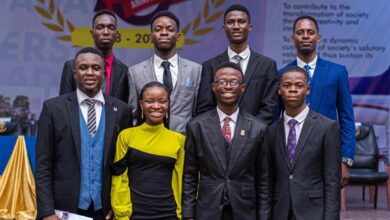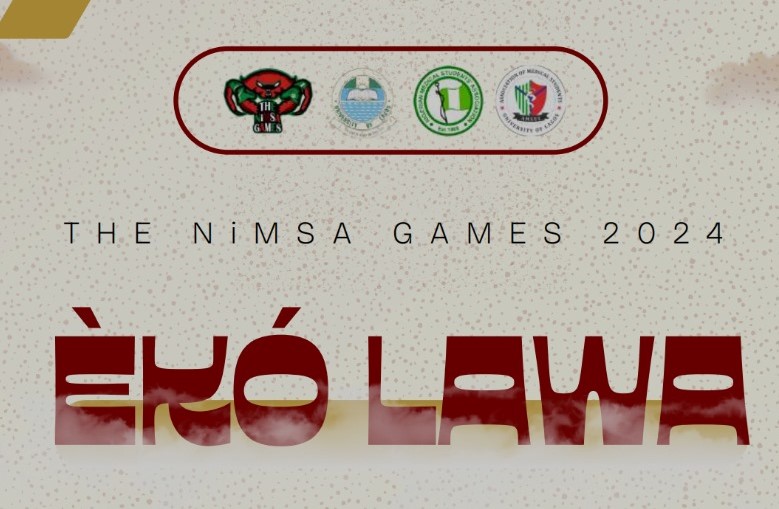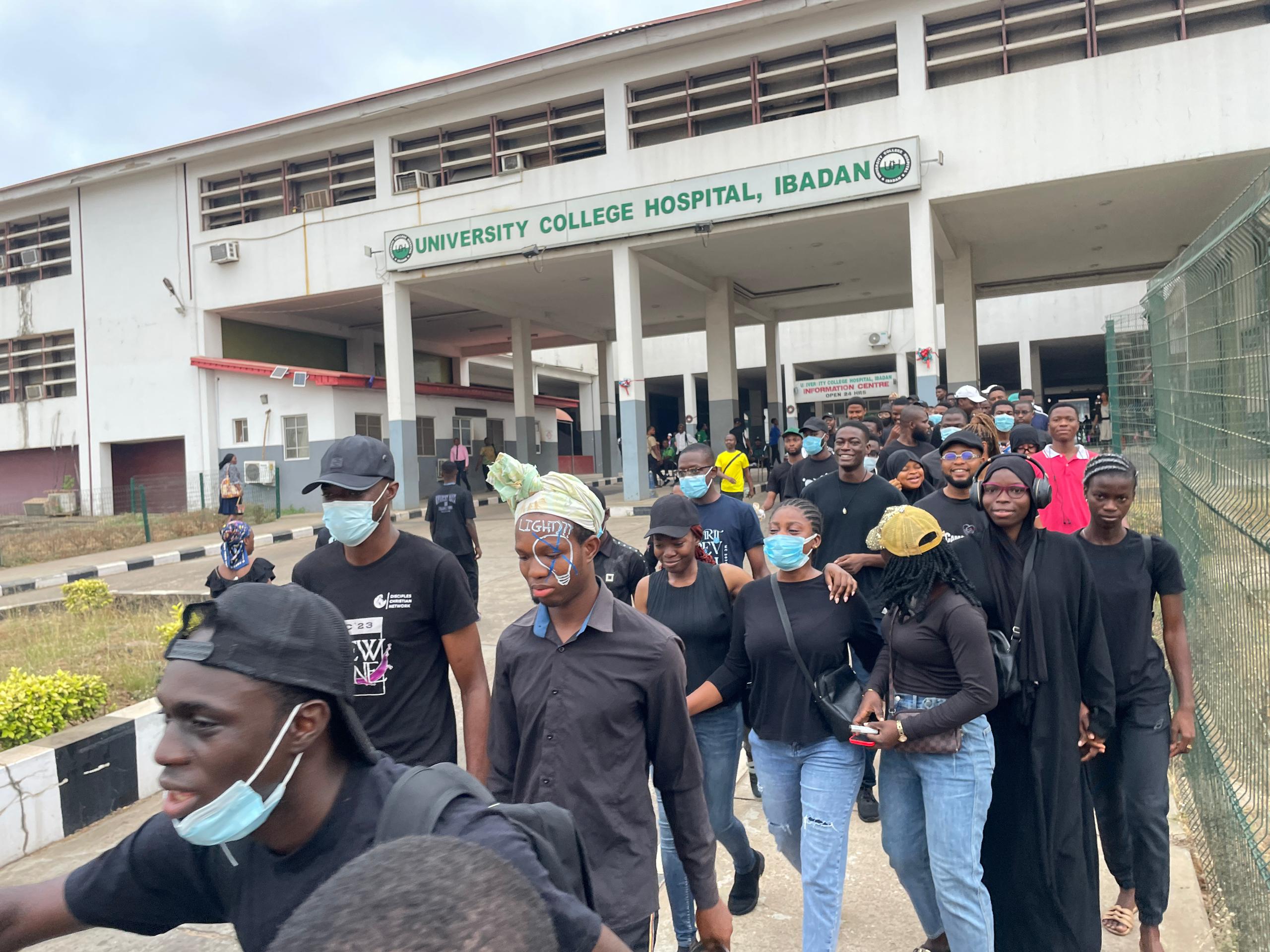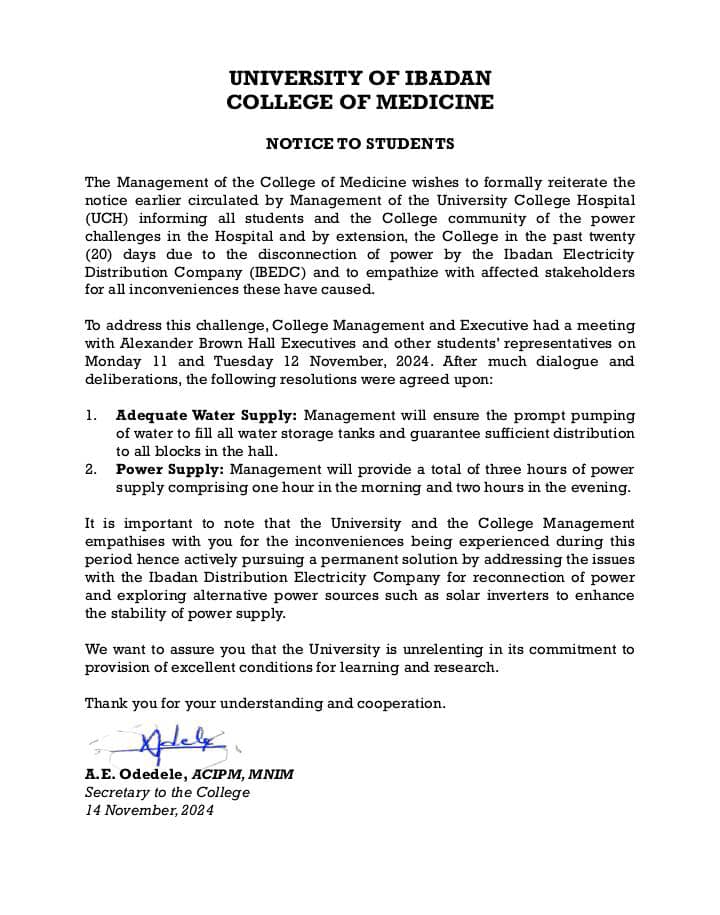UIMSA Hosts MB 2 Talk for 500L Class

On the 13th of September, 2025, UIMSA hosted ‘Pharm-A-Path To Success’, a talk for members of the 2k24 class in anticipation of their 2nd MB;BS Professional Exams. The event began at 4:15 pm at Famewo Common Room, Alexander Brown Hall, with speakers: Oluwaseunara Arotiba, Dr Uwom Eze, and Folusho Olu-Adegbola in attendance.
Organised by the office of the SDO Clinicals, this program provided an opportunity for the class to interact with the speakers with respect to their upcoming examinations. Oluwaseunara Arotiba began the session by highlighting the importance of collaboration in preparation for the exams, and also expanded on the nuances of the exam structure. Dr Eze urged students to carefully apportion their studying time in the build-up to the papers, and emphasised the importance of sleep and nutrition. Third speaker, Folusho Olu-Adegbola, explored myths and facts about MB 2, highlighting tips that worked for him while studying Pathology and Pharmacology from an underprepared vantage point. The event concluded at 6:21 pm, with attendees dispersing shortly thereafter.
Speaking to the Press afterwards, Emmanuel Ajayi of the 500L class was in good spirits. “It was great, I’ve seen that I should not give up, as my CA scores were not very good. As he [Folusho] could pass, I’m sure I should too.” Pius Adeniji, as well, was commending of the gesture. “I actually came late and attended only the President’s part, but nice OT and ginger.”




